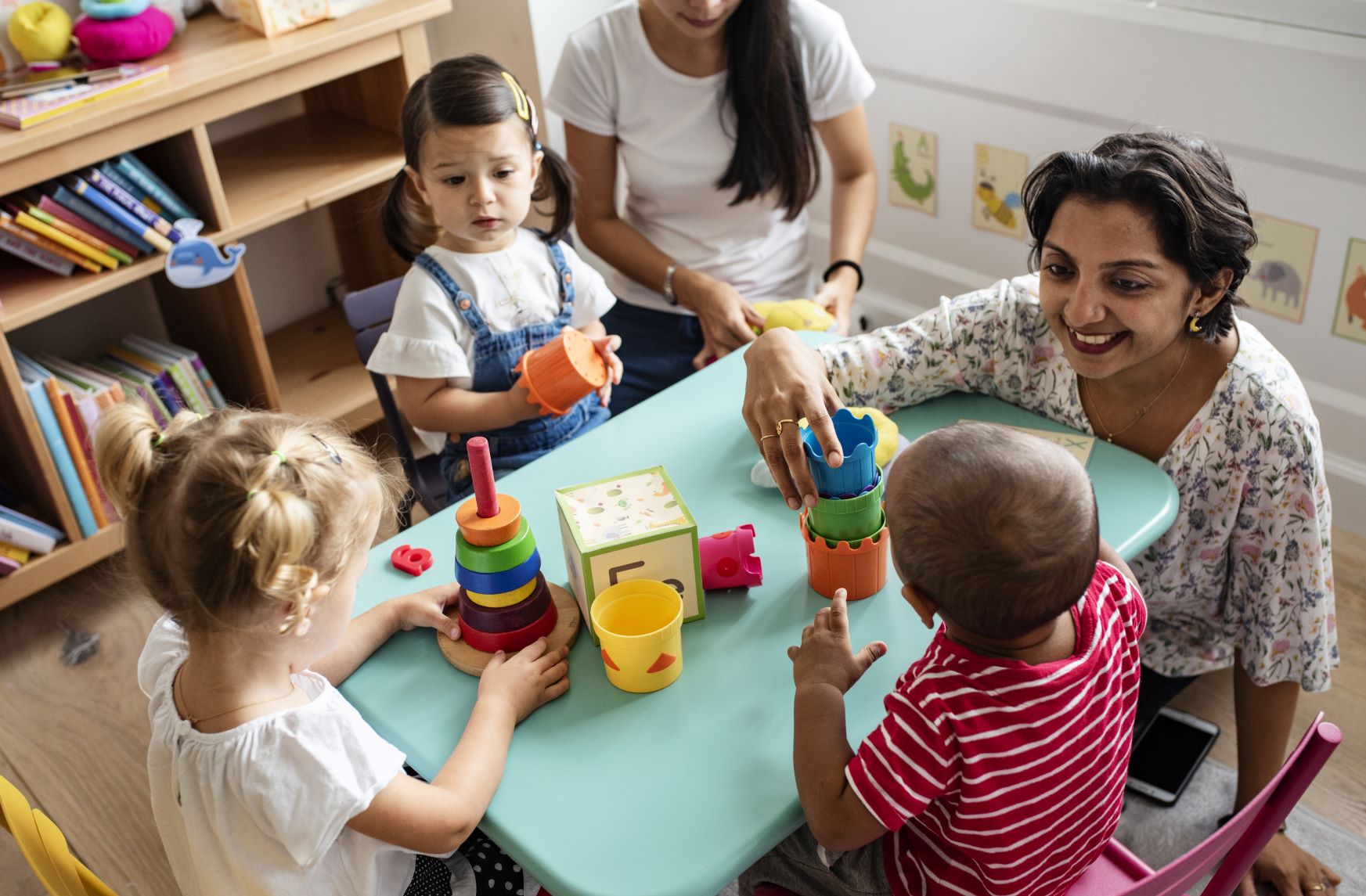Head Start and Early Head Start continue to lead the way in promoting school readiness and family engagement for vulnerable young children. It’s no surprise, then, that Head Start is increasingly focused on implementing trauma-informed care as highlighted in its Guidance to Implementing Trauma-Informed Care brief, noting that:
- Exposure to trauma and adverse childhood experiences (ACEs) is more prevalent than commonly believed and results in lasting effects on the physical and mental health of children and families, AND
- Head Start programs play a critical role in buffering the impact of trauma by promoting resilience for children, families and staff.
A recent study adds timely relevance to the advancement of trauma-informed care in Head Start preschool settings. The study, published in School Mental Health “examines the relationship between trauma-informed training content, trauma-informed attitudes, and stress in a sample of 111 [Head Start] preschool staff.” One key finding was that not all trauma-informed training has equal impact. For example, training that focused on TIC skills and personal self-reflection led to:
- Greater improvements in trauma-informed attitudes, than training that focused solely on TIC foundational knowledge. TIC attitudes were measured by the ARTIC Scale.
- Higher improvements in teacher experiences of child-related stress.
Both findings highlight the opportunity for Head Start and other preschool settings that are working to become trauma-informed to utilize assessment tools, such as the ARTIC Scale. In particular, the ARTIC offers an overall score plus 7-subscale scores, providing a more detailed understanding of staff attitudes, including:
- Reactions to Work, which measures attitudes related to secondary/vicarious trauma and
- Self-Efficacy at Work, which measures attitudes about confidence to meet the demands of working with a traumatized population.
The big take-away from this study is that is that by pairing state-of-the-art TIC measurement with TIC intervention, Head Start continues to be a thoughtful leader in early childhood education by supporting staff to best meet the needs of vulnerable children and their families.
Measure what matters, measure trauma-informed care.



